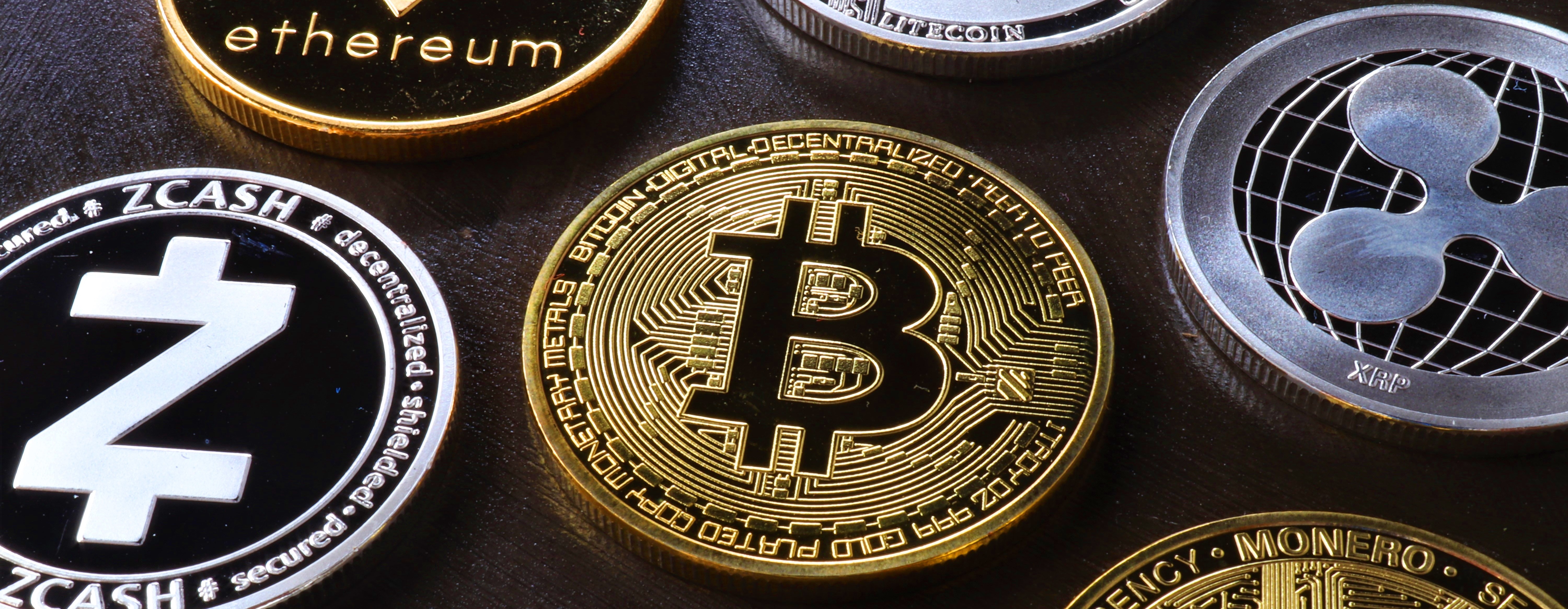Bitcoin and Ethereum are two of the most popular cryptocurrencies. What’s the difference between them? We hear Bitcoin and Ethereum mentioned a lot, but what is it exactly that makes these currencies so different from each other and so popular at the same time.
What are Cryptocurrencies?
Cryptocurrency is an electronic currency stored in digital wallets on your computer or phone. It uses cryptography to secure transactions and create a decentralized network with no central authority. The first cryptocurrency was bitcoin, which was created by Satoshi Nakamoto in 2008. Since then, there have been hundreds of new coins created. These include ethereum, litecoin, ripple, dash, monero, zcash, stellar, and many others. Most people use one of the major cryptocurrencies such as bitcoin, ethereum
Blockchain Technology Network
Blockchain technology network is an open source distributed ledger that can be used for tracking transactions across multiple parties in real time.
This very wordy definition can seem quite complex so here's the breakdown. Instead of holding all of the data in one location, the data is repeated across multiple computers (called nodes) in a peer-to-peer fashion. This means that every node has access to the entire database of information.
As long as you trust the integrity of the system, this allows you to make sure that everything is accurate and up to date. In addition, blockchain technology also provides transparency into how money moves around as the ledgers are viewable by anyone (although your identity is kept hidden).
The nodes in the system are often referred to as 'blocks' and their connection to each other provides the 'chain' aspect to the naming of 'Blockchain'
Decentralised Digital Currency
The main benefit of using block chain technology is it provides a platform to allow decentralised digital currencies. But what exactly does that mean? Well put simply, if something is centralised , it has a single point of failure. For example, if a central bank collapses, everyone loses their money. If a government collapses, everything stops working. Decentralisation eliminates this risk.
A decentralised system is where every node (computer) in the network stores the entire database. This means that when a user wants to make a transaction, they need only contact a few nodes instead of contacting thousands of nodes like they would in a traditional banking system. This gives the added advantage that if one node goes down in the system, then the system stays up and running unlike a central bank going down for a banking system.
The decentralised blockchain framework also improves security as not central entity can be targeted for cyberattacks or likewise, the single entity now is not able to manipulate the system.
What is Ethereum?
Ethereum was first mentioned in whitepaper published by Vitalik Buterin back in 2013. He described his vision for a smart contract platform called Ethereum. However, it wasn't until 2015 that he released the code for Ethereum which started the development process.
Ethereum is a decentralised computing platform that runs smart contracts. Smart contracts are automated programs that run without any human intervention on a public blockchain network. They were originally designed to help automate financial transactions. However, they could be applied to just about anything.
Smart contracts work because they're programmed to follow certain rules. Once these rules are set, the contract cannot be changed. So once the terms of the agreement are agreed upon, the contract automatically executes according to those terms.
With the advent of Ethereum 2.0 coming within the next 1-2 years we will see major infastructure upgrades for Ethereum helping boost security, efficiency and scaling. See our blog post discussing the Ethereum 2.0 changes in more detail. Click here
What is Bitcoin?
Bitcoin is an open source peer-to-peer cryptocurrency protocol invented by Satoshi Nakamoto in 2009. It uses cryptography to secure its network and provide anonymity to users. The original paper describing the invention is available online.
Satoshi Nakamoto created bitcoin with the intention of creating a currency that was completely independent from banks and governments. In order to achieve this goal, Nakamoto used cryptography to ensure that no single party controls the supply of bitcoins.
In addition to being free from central control, the decentralized nature of the bitcoin protocol allows anyone to participate in mining new blocks and authenticating transactions. Bitcoin is the original cryptocurrency and still holds the largest market cap at $591 billion.
Ethereum and Bitcoin - The Key Differences?
Both Ethereum and Bitcoin use blockchain technology but there are some key differences between them. Starting with the most obvious difference which is Ethereum's use of smart contracts.
As explained above, smart contracts are automated programs that execute automatically based on pre-agreed conditions. This gives Ethereum the ability to create decentralized applications that have never been possible before. For example, you can build an application that allows people to trade shares using their own funds.
Ethereum's smart contracts also allow for the existence of other digital assets such as NFT's. NFT's (Non-fungible tokens) are unique assets that represent things like collectibles or even digital art. They have become very popular over the last few years.
Both Bitcoin and Ethereum use a consensus protocol called Proof of Work (PoW). As mentioned within the next few years upon the Eth2 upgrade completion, Ethereum will move to a different system called Proof of Stake (PoS) as an upgrade to its Eth2 blockchain. Checkout our article on Ethereum 2.0 do see more detail on changes and improvements. Click here
Summary
Cryptocurrency has taken the world by storm in recent years. While it may not be your first choice of investment, it certainly isn't going anywhere anytime soon. If you want to learn more about cryptocurrencies then subscribe to our blog or follow us on twitter @portfolio_hub_. We've got lots of great content lined up so stay tuned!
If you enjoyed this blog post then consider leaving a comment down below or sharing our post on social media.
Thanks for Reading 😀
FAQ
Should I Buy Bitcoin or Ethereum?
There are similar risks associated with both Bitcoin and Ethereum, and the potential growth of either is highly speculative. As the top two cryptos on the market, most experts say both are good options if you are just starting a crypto investment journey. And then others say it’s just as well to split the difference and invest in both.
Source: (time.com)
Is Ethereum better than Bitcoin?
Ethereum can do everything that Bitcoin can, and so much more. Ethereum is a decentralized computing platform where a new era of automated financial applications are being built to connect the global economy on a trustless and decentralized blockchain.
Source: (benzinga.com)
Should I Be Considering Any Other Cryptos?
Definitely not as a beginner, according to the experts we’ve talked to. Altcoins are even more unpredictable than the already-volatile Bitcoin and Ethereum.
Source: (time.com)

